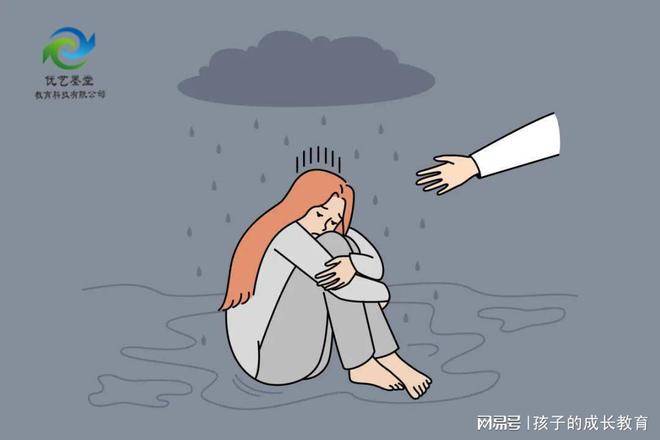Misconceptions about Adolescent Depression and Resilience
During the journey of adolescence, every teenager will encounter challenges and stress. Faced with the same issues, some children can bravely stand up, while others gradually fall into the shadows of depression. Society often misinterprets depressive emotions as weak resilience, even labeling them as not strong enough, but this simplified explanation overlooks the complexity of mental health and the unique psychological development stage of adolescence.
Adolescence is a period of significant physical and psychological changes for individuals. During this stage, teenagers begin to explore their identity while facing the pressures of academics, social interactions, and physical changes. These changes and challenges are significant tests for any teenager. When the psychological coping mechanisms fail to effectively deal with these pressures, it may lead to depressive emotions. This is not because their resilience is weak, but because they are in a sensitive period of transition and self-exploration.
The expectations from society and families may invisibly increase the burden on teenagers. High expectations and pressures in academics, behavior, and future career paths often make them feel inadequate. In this context, the emergence of depressive emotions more reflects the conflict between the environment and the inner world, rather than simply attributing it to insufficient personal resilience.
Biological factors also play a significant role in adolescent depression. Research shows that hormonal changes during adolescence can affect brain regions that regulate emotions, such as the prefrontal cortex. This means that teenagers may already be at a biological disadvantage when dealing with emotions and stress. Therefore, attributing depressive emotions simply to weak resilience is not only unhelpful for solving the problem but may lead to more misunderstandings and neglect.
The key to addressing adolescent depression lies in how society and families correctly understand and support teenagers. First, families should be the emotional harbor for teenagers. Parents and family members can provide a safe environment for teenagers to express themselves through listening, understanding, and acceptance. This not only helps teenagers better understand and manage their emotions but also teaches them how to maturely handle life’s challenges.
Schools and society should also take responsibility by enhancing teenagers’ self-awareness and resilience through education and activities. Curriculum design can include knowledge of mental health, emotional management skills, and stress coping strategies to help teenagers establish positive psychological defense mechanisms.
Increasing public awareness of the characteristics of adolescent depression is also crucial. Popularizing knowledge of mental health through media, public lectures, and other forms can reduce misunderstandings and prejudices towards depressive emotions, allowing more people to understand the complexity and importance of dealing with adolescent depression.
Adolescent depression is not simply due to lack of resilience but is the result of multiple factors intertwining. Society, families, and schools need to work together to help teenagers navigate through this challenging period of growth through understanding, support, and appropriate guidance. Only in this way can we ensure that every adolescent soul can grow up healthy in the sunlight and understanding, displaying their unique brilliance in life. Youyi Motang


